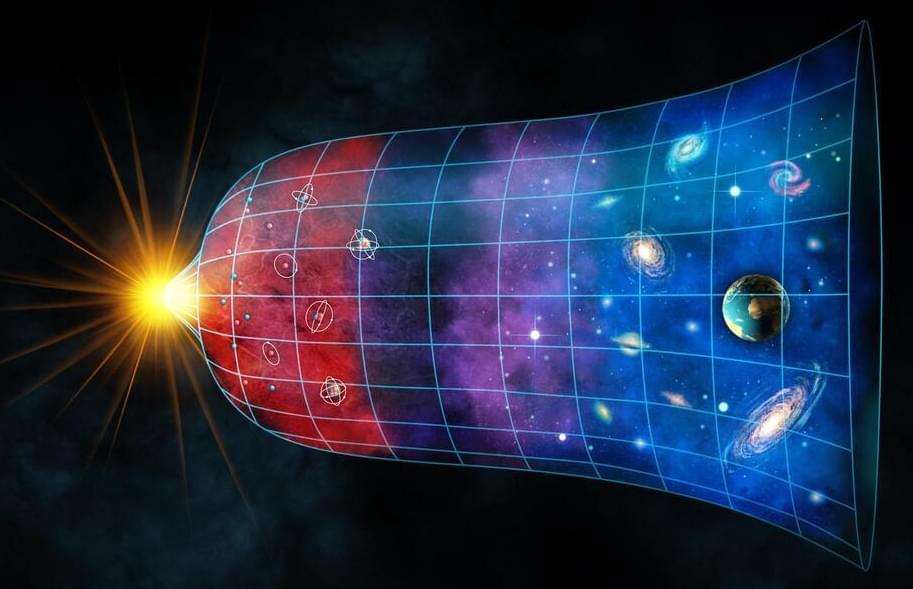Last year, physicists reported that an experimental dark matter detector picked up a strange signal that could hint at new physics, with several suspects highlighted. Now, Cambridge scientists have proposed an answer that wasn’t considered at the time – the experiment may have picked up the first direct detection of dark energy, the mysterious force that’s accelerating the expansion of the universe.
Although it’s thought to outnumber regular matter five to one, dark matter remains elusive. It doesn’t interact with light and seems to mostly make itself known through gravitational influence on cosmic scales, like stars, galaxies and galaxy clusters. But once in a while, a dark matter particle might bump into a regular matter particle in a way that we could detect, with the right equipment.
XENON1T was one version of that equipment. Running in Italy between 2016 and 2,018 the experiment was essentially a big tank full of liquid xenon, kept deep underground. The idea was that if a dark matter particle zipped through the tank, it would excite the xenon atoms to produce a flash of light and free electrons, which a suite of sensors can detect.









Comments are closed.